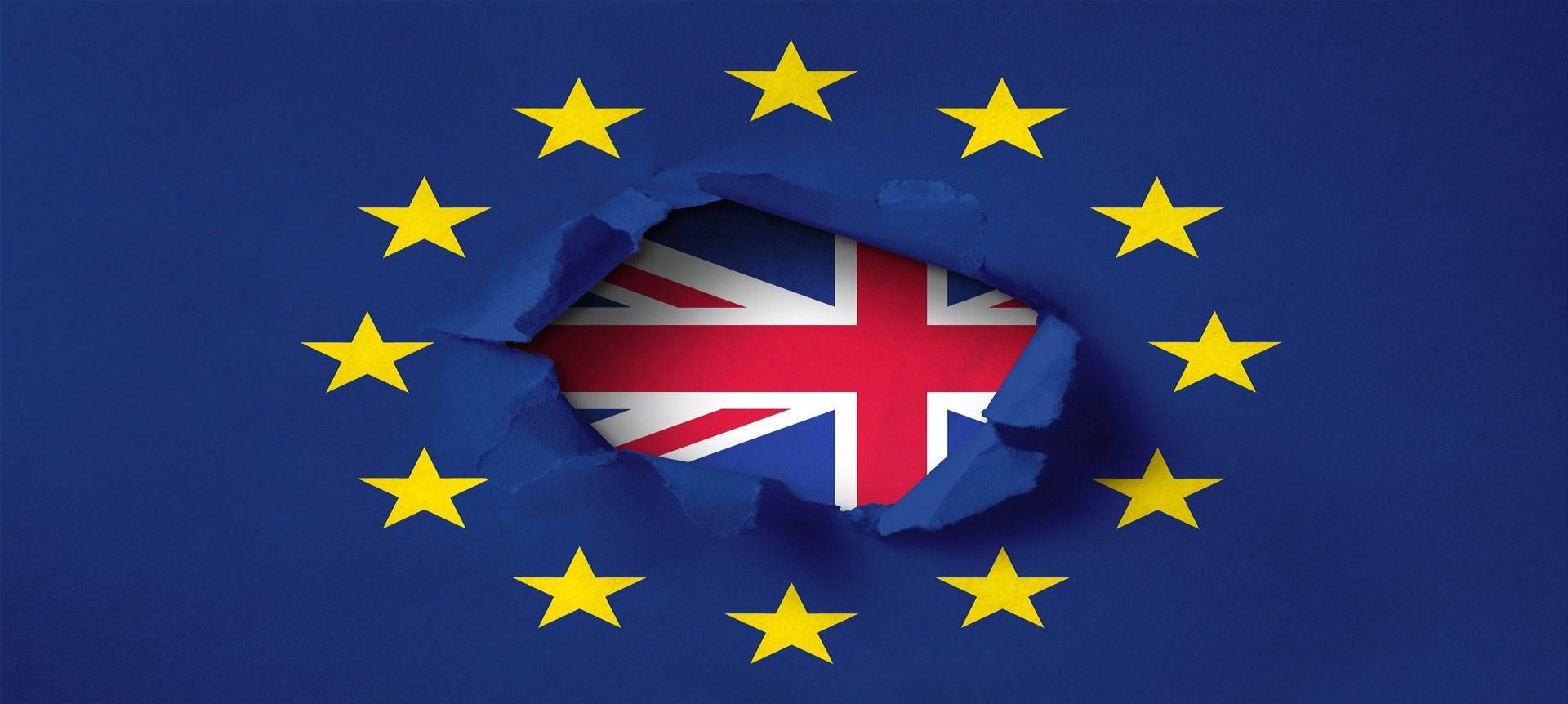
5 minute read
In hindsight
from Whitonomics 2020
Why Britain was never truly European
Raul Malad One can understand why Brexit news has become so tedious to so many; hearing 2 years of analysis over complex issues from trade negotiation to environmental protection laws leaves one feeling discombobulated and disengaged, inciting
even the most avid news reader to turn off. But if one issue is still crimi-
nally underexplored in most Brexit reporting, it is why people voted for Brexit in the first place. To understand why people started to feel leaving the European
Margaret Thatcher reduced British payment contributions to the EEC.
Union is a good decision, one must first look at why the UK joined it in EEC 10 years later in 1973 but ten- However relations began to the first place. Before the EU was sions began to rise again just 2 years settle a little afterwards as in 1997, ever setup, an agreement was later, with a democratic vote occur- Labour leader Tony Blair ran for PM formed between West Germany, ring in the UK in which the people and won in a landslide victory due to France, Belgium, Italy, Luxembourg were to vote over whether to stay a strong campaign based around imand the Netherlands known as the with the EEC or not. While 67% of proving relations with the rest of Eutreaty of Rome that established the the population voted to stay, people rope. This came after a late 90’s European Economic Community, the were still split over the matter. This is scare, in which Brussels had imposed forerunner of the EU. This is widely best seen in the Labour Party- half of a ban on British beef. This meant accepted by many to be the founda- its members felt they should stay that harsh restrictions were placed tions on which the EU was built on. while the others felt they should on beef exports. While the general When the UK first applied to be in leave, and in the end the pro- EU ban was eventually lifted in 1999, the EEC, they were turned down by European side of Labour split from France kept their own policy in place France using their veto. Their reason the rest of the party to form the So- for a long time after that. A similar being that they felt the UK was de- cial Democratic Party. More prob- policy was also put on Britain’s choctached from the rest of Europe as the lems occurred in the 80’s under Mar- olate exports that lasted for almost French President claimed that they garet Thatcher who felt that the 27 years as they believed vegetable had a closer relationship with Ameri- British payment contribution to the oil should not be used as an alternaca than any of the European coun- EEC had to reduce as despite the fact tive to cocoa butter in chocolate, tries. So, as you can see, history that the UK were the third poorest something British chocolates such as clearly shows that even in the past country in the community, they were Mars, KitKat and Cadbury are notorithere were underlying tensions and still made to pay a lot more due to ous for. between Britain and many of the the lack of farms in the country. As a Bad relations continued with other European Countries that has result, Thatcher negotiated a new the EU after plans for an official EU affected their relations even to this deal for Britain to agree that the con- Constitution had withered away and day. tribution would reduce from 20% of the EU Nations had to sign the Lisbon Britain did end up joining the the total in the 1980’s to around 12%. Treaty, giving Brussels more power.
Labour PM, Gordon Brown, famously ended up missing a televised ceremony in which the other 26 nation leaders signed the treaty. While he did sign it at a later date off camera, this even affected the public’s perception and attitude towards the EU as there was criticism surrounding the fact that Brown failed to sign a document he helped to negotiate. In 2011, David Cameron became the first prime minister to veto a new EU wide treaty, this included changes to budgets and Eurozone currencies, everyone apart from the UK signed up to this. Many considered the veto to be out of the blue and unexpected, with French president, Nicolas Sarkozy, stating that the UK were acting in their own interests in one of the EU’s most crucial periods. of the issues facing Europe and even went as far as to promise a renegotiEU if the Conservatives were to win the next election. While this was happening, support was growing for UKIP, a party that took an uncomproof these factors combined, along with a growing frustration by many cities in the UK towards the ongoing migrant crisis and economic unrest in the eurozone, the possibility of a British exit from the EU seemed like much more of a possibility. After winning the 2015 election, Cameron started to work on the renegotiations of an EU deal. This included policies such as changes in migrant welfare payments, financial safeguards, and easier ways for Britain to block EU regulations. In 2017, Cameron announced that a referendum would take place on June 23rd to decide whether to stay or not. He would lead the campaign for Britain to stay in the EU while UKIP Leader, Nigel Farage, led the campaign for Britain to leave the EU, commonly known as ‘Brexit’. Over 30 million 48.1% margin, leading to Britain deciding to leave the EU. The UK was very split on the matter with Scotland Northern Ireland voting to remain but England and Wales voting to leave, leading to renewed calls for Scottish independence. After the referendum, David Cameron ended up resigning from his posts and was replaced by Theresa
May who announced her intentions to initiate Article 50 of the Treaty on the EU. From there she announced

that there would be a two-year countdown to Brexit that, as we now know, was further delayed to Octo-
The UK referendum on whether to leave the EU saw 30 million people voting. Of that, 51.9% voted to leave.
In 2013, Cameron gave a people ended up voting and the refspeech in which he summed up many erendum passed with a 51.9% to ation of the UK’s membership in the
ber 31st 2019.
Theresa May announced her intentions to initiate Article 50. So the UK has never had a particularly rosy relationship with the EU - but there have been times of genuine commitment by Britain to the European project. All in all, it appears the problem was just as the French anticipated; Brits have just never felt truly European, and pro-EU attitude have always been the result of economic necessity, not romantic longing for a closer relationship with its neighbors and certainly not panEuropean ambitions. Hence in hindsight it seems inevitable that this marriage of convenience would end

in a messy divorce.










